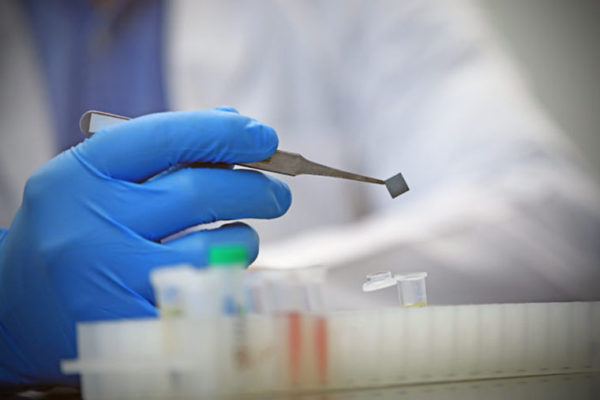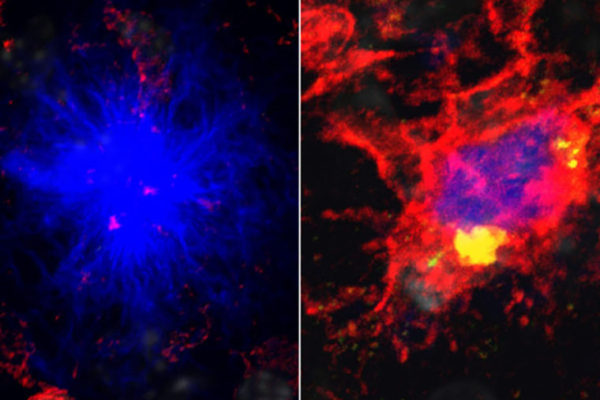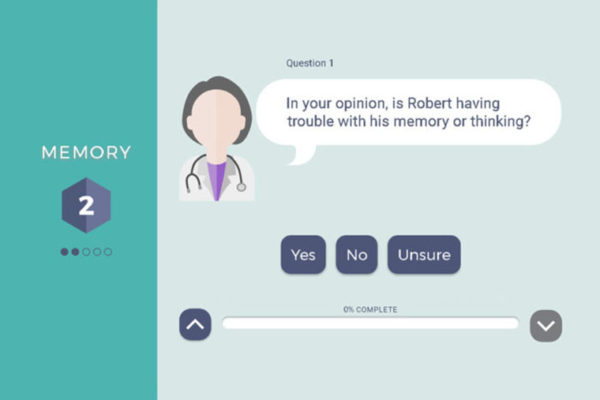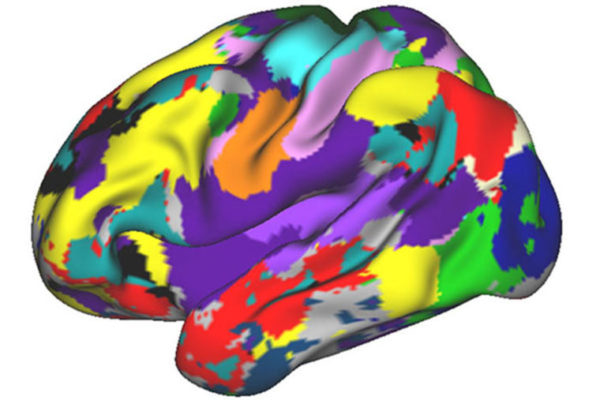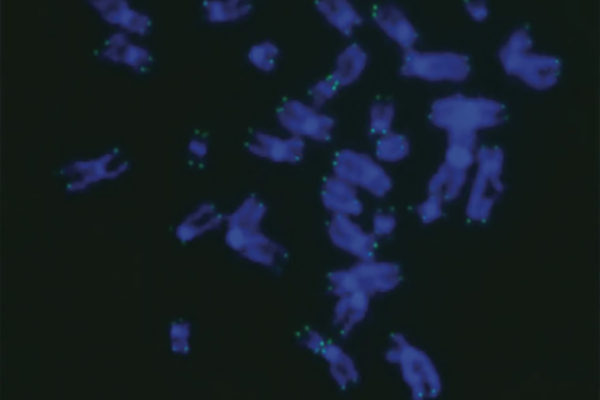$46 million NIH grant to nurture translational research
The School of Medicine has received a $46 million grant from the National Institutes of Health (NIH) to support research aimed at translating scientific and clinical discoveries into new diagnostics and therapeutics, and to more rapidly apply research findings to improve health.
Birth defects, cancer linked
Some children born with birth defects may be at increased risk for specific types of cancer, according to a new review from the Brown School and the School of Medicine at Washington University in St. Louis.
Test uses nanotechnology to quickly diagnose Zika virus
Washington University in St. Louis researchers have developed a test that quickly detects the presence of Zika virus in blood.
Alzheimer’s risk linked to energy shortage in brain’s immune cells
A new study from the School of Medicineshows that mutations in the gene TREM2 cause an energy shortage in the brain’s immune cells, leading to their failure to protect neurons from damaging clumps of protein.
Drug trial shows promise for deadly neurological disorder
Results of a small clinical trial show promise for treating a rare neurodegenerative condition that typically kills those afflicted before they reach age 20. The disease, called Niemann-Pick type C (NPC), causes cholesterol to build up in neurons, leading to a gradual loss of brain function.
Protein-rich diet may help soothe inflamed gut
The combination of a bacterium that normally lives in the gut and a protein-rich diet promotes a more tolerant, less inflammatory gut immune system, according to new research at the School of Medicine. The findings may potentially spell relief for people living with inflammatory bowel disease.
Natural compound coupled with specific gut microbes may prevent severe flu
A new study from the School of Medicine shows that a particular gut microbe can prevent severe flu infections in mice, likely by breaking down naturally occurring compounds — called flavonoids — commonly found in foods such as black tea, red wine and blueberries.
Testing begins for student-created app to aid Alzheimer’s diagnosis
With the aim of streamlining the diagnosis of Alzheimer’s disease, a Washington University student-led team has designed an online app to help doctors more quickly evaluate patients. The app is being tested at the School of Medicine.
Scientists become subjects in brain-scanning project
A research group started in 2013 by two neuroscientists at the School of Medicine collected a massive amount of data on individual brains. The study’s subjects were the scientists themselves and eight others, all junior faculty or graduate students.
CRISPR sheds light on rare pediatric bone marrow failure syndrome
Using the gene editing technology CRISPR, scientists at the School of Medicine have shed light on a rare, sometimes fatal syndrome that causes children to gradually lose the ability to manufacture vital blood cells.
Older Stories


